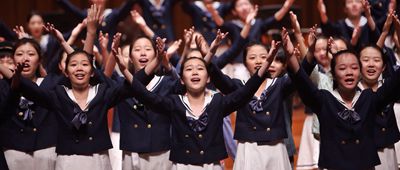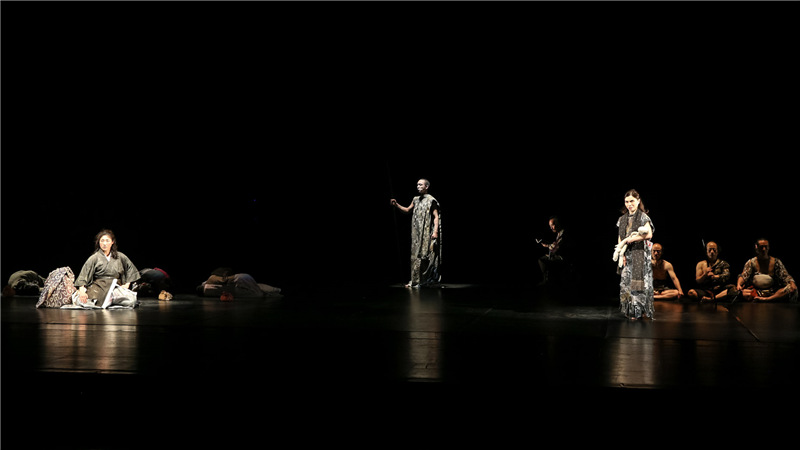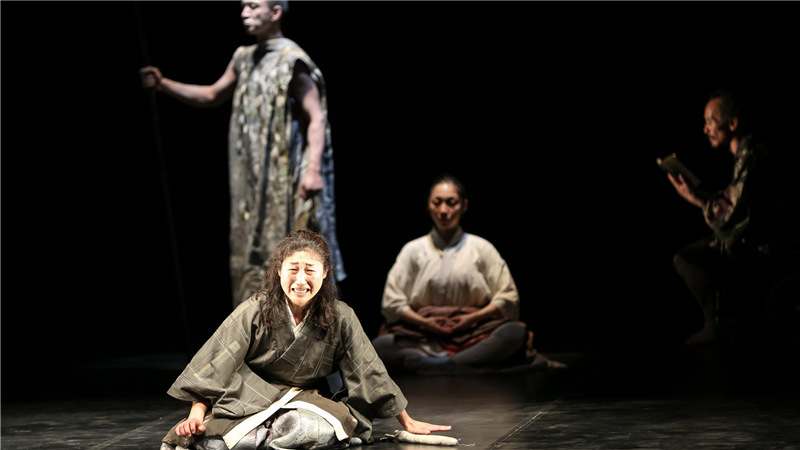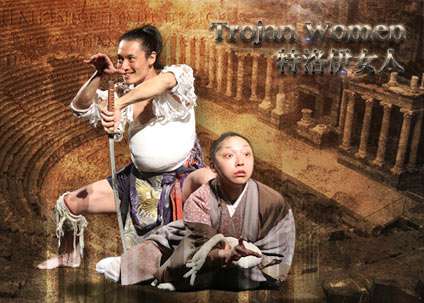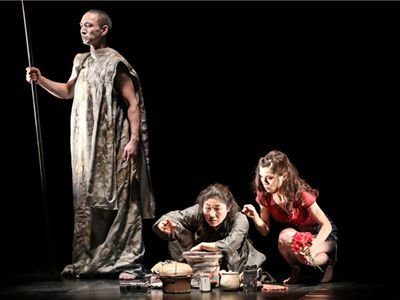On the night of June 22nd, drama master Tadashi Suzuki’s work The Trojan Women was put on at NCPA. The performers from Suzuki Company of Toga (SCOT) acted out on the stage with their heart-shaking physical power how people surviving the war felt hopeless in misery. The entire performance was full of visual elements and artistic details of the traditional Japanese folk arts, and revealed how contemporary drama producers made profound reflection on war and other realistic issues by quoting from history.
The performers from SCOT acted out on the stage how those surviving the war felt hopeless in misery
Photo by GAO Shang
The Trojan Women directed by Tadashi Suzuki premiered in 1974, and then was adapted for a second performance in 1982 after Tadashi Suzuki left Tokyo for Toga Village, Toyama Prefecture and founded the SCOT there. Using an “embedded” narrative structure, this drama grafts the historical background of the ancient Greek tragedy of the same name into the postwar Japan.
Saito Maki interpreted this Western story with the “Oriental style” in the form of Japanese drama
Photo by GAO Shang
The story begins with an old woman’s recollection of the destiny of her family in front of gods and then unfolds little by little as the ancient Greek tragedy The Trojan Women is set. On that night, a group of ragged “singers” walked slowly up to the stage from all directions. They were stooped and dragged along. The old woman played by Saito Maki trod the boards following the singers and approached the Statue of Athena to start “fancying about Troy” with memories. Saito Maki also played Queen of Troy Hecuba and her daughter Cassandra in the drama. She interpreted this Western story with the “Oriental style” in the performance form of Japanese drama. The stage set was simple yet solemn: The magnificent palace has fallen into ruins after the city is captured, and Queen Hecuba is wailing for her deceased family members. However, the Greek army does not stop the massacre, but offers up princess Polyxena as a sacrifice to the Greek generals killed in the battle and captures senior Trojan general Hector’s son. Surrounded by onlookers, namely the Greek victors, grief-stricken grandmothers, mothers and sisters set foot on a journey to unknown fate with a handful of native earth, the only thing they can carry with themselves, despite their endless grief of their beloved ones and homeland.
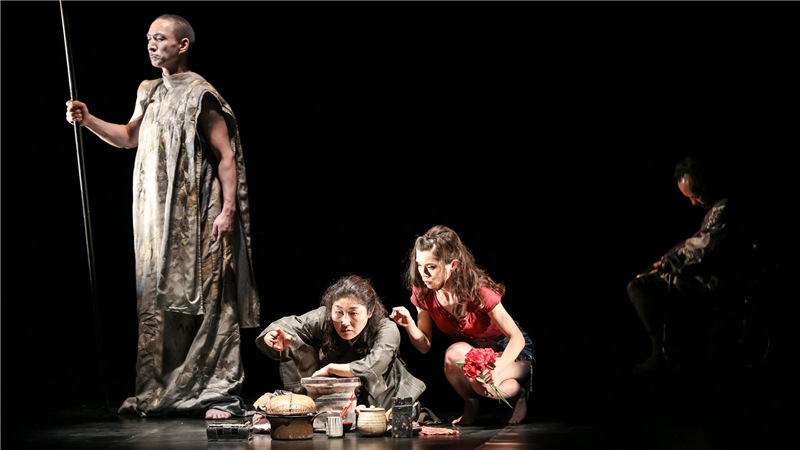
"The characters in the play keep on doing nothing but lamenting at their own lot," said Tadashi Suzuki
Photo by GAO Shang
In Euripides’ The Trojan Women, there is little obvious dramatic action and conflict, while there is only women’s grieved feeling for their subjugated nation and run-down homes, as well as their fear of future and one blow after another that they have to take with time going by. Director Tadashi Suzuki said, “The characters in the play keep on doing nothing but lamenting at their own lot. As a theatre producer, I think nothing could be more dramatic than to wait under compulsion and conjure up into existence a tragic, uncertain and unchangeable destiny. Many Japanese people also had the same sentiments after World War II, and this is why I selected The Trojan Women.” By this way of interpretation, Director Tadashi Suzuki uses an ancient Greek war tragedy to probe into the current significance of war, so that audience could not only appreciate the traditional Japanese folk art on the spot, but also walk into the bleak, desolate City of Troy with the old woman to directly see the brutalities of war, so as to reflect on the realistic society and life.
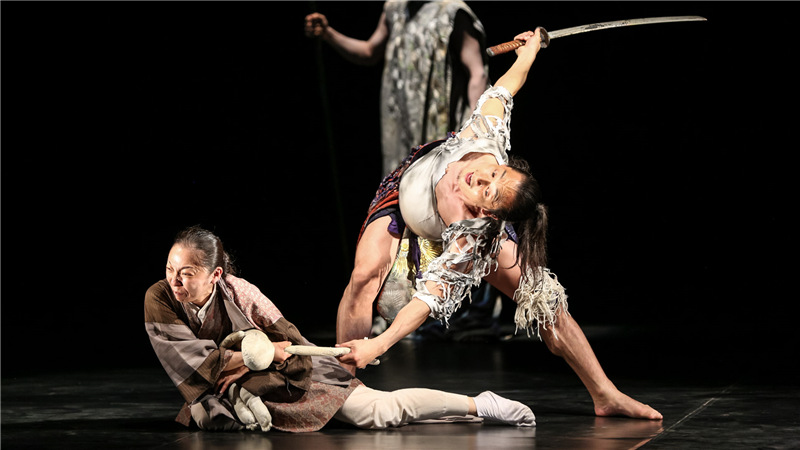
Tadashi Suzuki used an ancient Greek war tragedy to probe into the current significance of war
Photo by GAO Shang
This play will be put on till June 24th. Then, the Dionysus directed by Tadashi Suzuki will be staged on June 27th-29th, and continue to present to audience the collision and fusion between the Eastern and Western dramas.
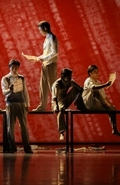 Repertoire
Repertoire
 Films
Films
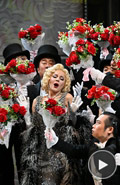 Videos
Videos
 Podcast
Podcast
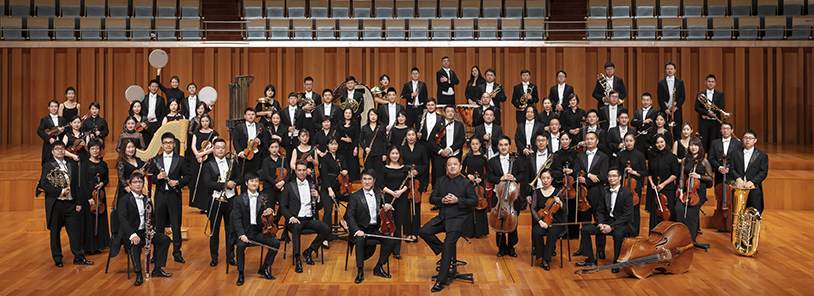 China NCPA Orchestra
China NCPA Orchestra
 China NCPA Chorus
China NCPA Chorus
 NCPA Resident Singers
NCPA Resident Singers
 NCPA Drama Ensemble
NCPA Drama Ensemble
 Buildings
Exhibitions
Buildings
Exhibitions
 Opening Hours
Guided Tours
Services
Getting Here
Opening Hours
Guided Tours
Services
Getting Here
 Western Cuisine
NCPA Café
Arts Gifts
Western Cuisine
NCPA Café
Arts Gifts









